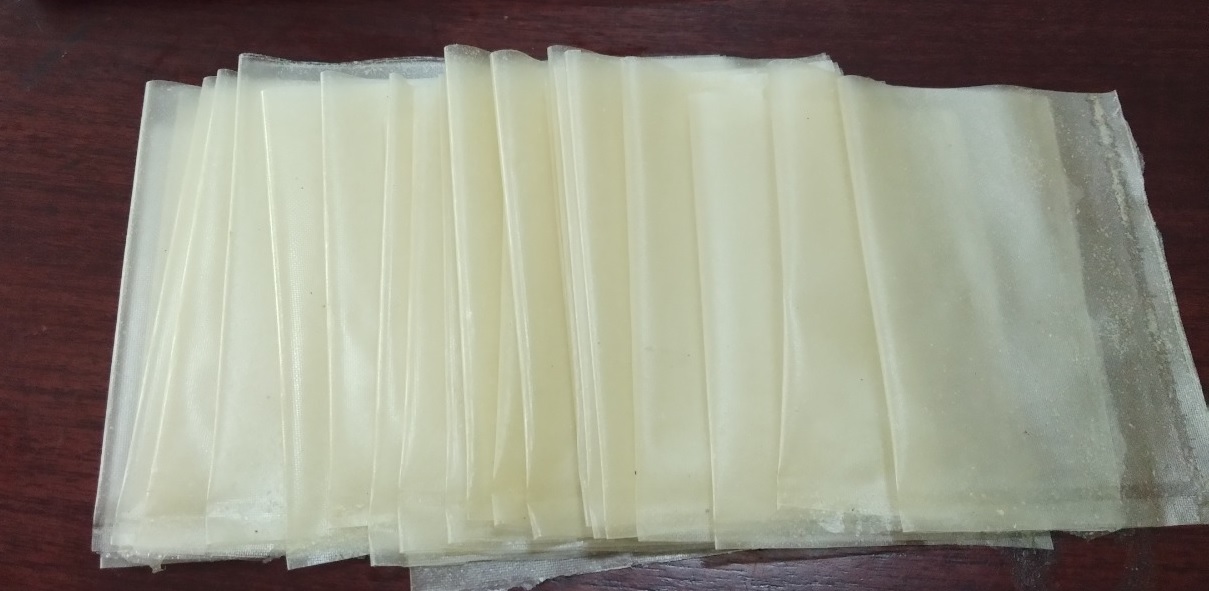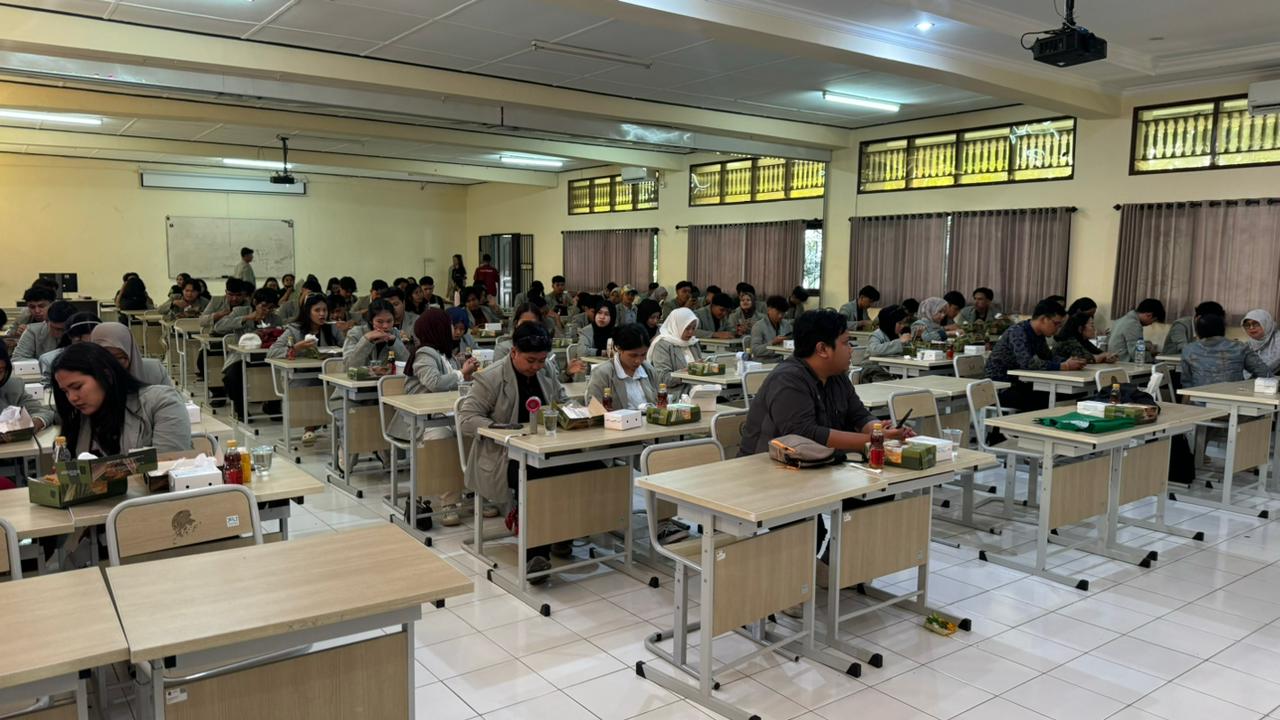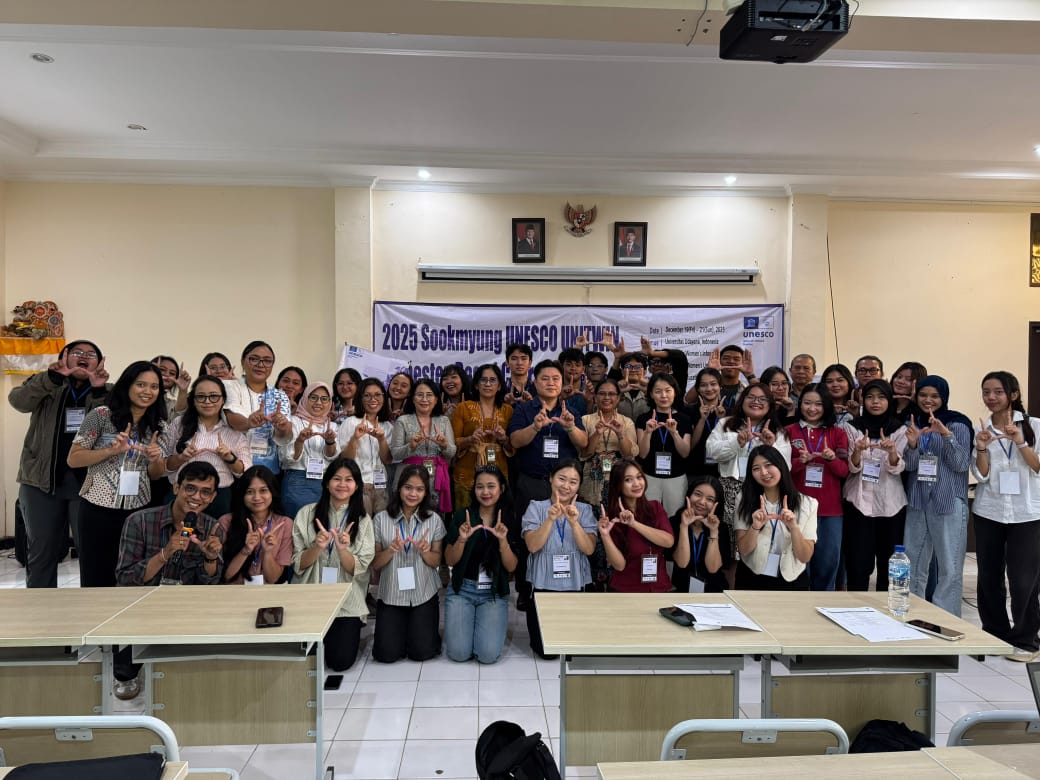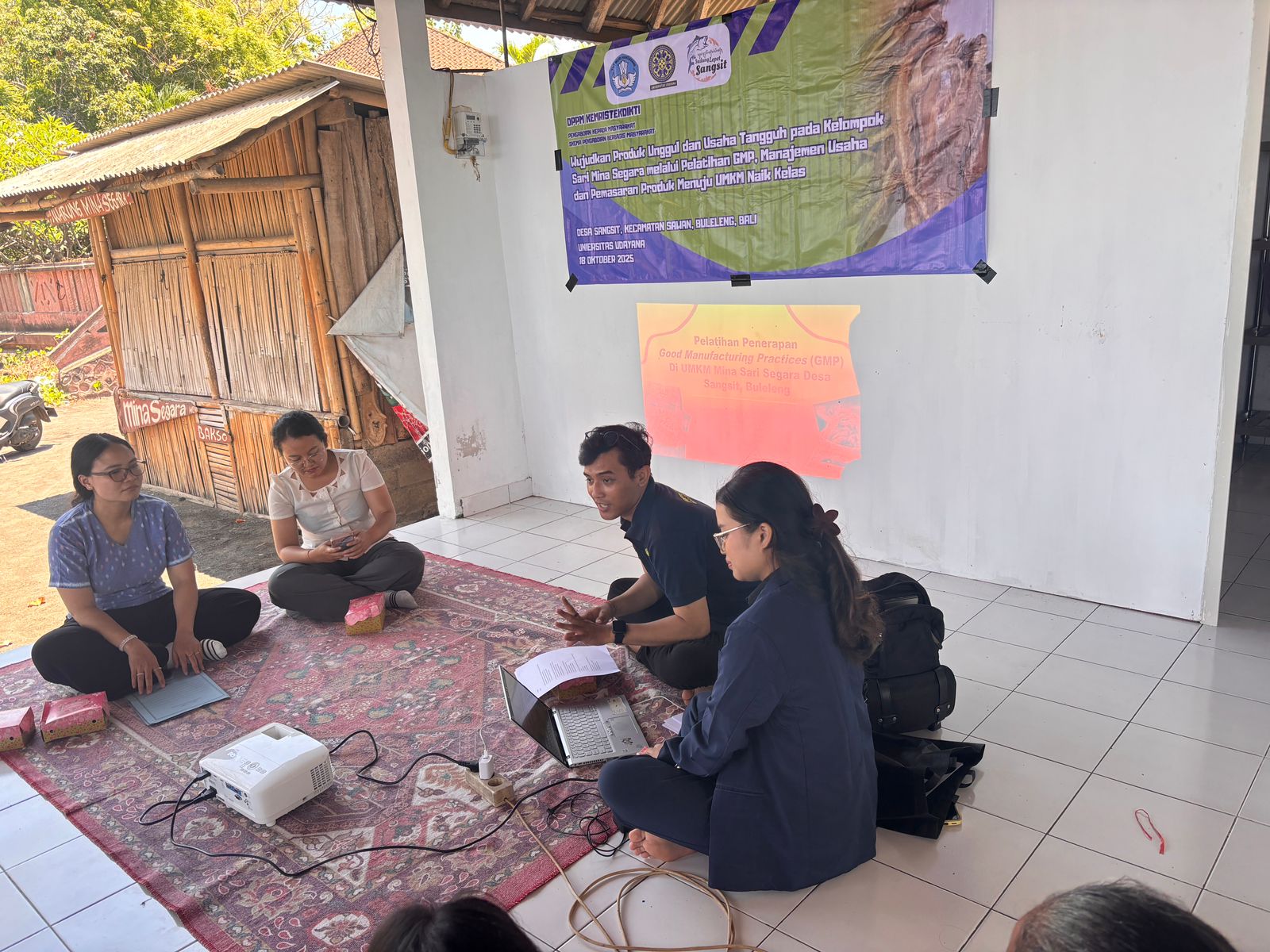Concerning In Plastic Waste Problem, Lecturer from Faculty of Agricultural Technology Udayana University Develop Synthesis of Biothermoplastic Composites Based on Starch and Carrageenan as Packaging Materials
Utilization of potentially
renewable materials is becoming increasingly recognized and a promising
alternative for future material products in a sustainable and green society.
Over the past few decades, the dominant material for food packaging has been synthetic
plastic derived from non-degradable fossil fuels. Fossil fuels used as the
basis for synthetic plastics pose many complex threats to the environment.
One of the efforts to overcome plastic pollution is to develop biodegradable thermoplastic (biothermoplastic), namely plastic that is easy to form and melts at high temperatures and easily degraded. Products like this have great potential to be used in various fields of life because of their flexibility in use and environmental friendliness. However, the characteristics of biothermoplastics, including biothermoplastic composites, are largely determined by many factors, including the type of raw materials, composite-forming materials, thermoplastic-forming materials, reinforcing materials and their types and concentrations, and so on.

Lecturer of the Faculty of
Agricultural Technology, namely Mrs. Dr. Ir. Amna Hartiati, MP; Mr. Prof. Dr.
Ir. Bambang Admadi H., MP. and Mr. Dr. I Wayan Arnata., S TP., M Si. developed
the manufacture of bioplastics made from cassava starch and seaweed carrageenan
which are renewable saccharide polymers. Bioplastic was developed to overcome
synthetic plastic waste which is already very problematic for the environment
because it cannot be degraded in the soil for hundreds of years. The results of
the development of this bioplastic will replace the synthetic plastic, especially
for plastic bags, which require around 14% of the use of all synthetic
plastics. The results of this research in the form of bioplastic composites
have met the mechanical properties of the Indonesian National Standard and can
be degraded in the soil for 8 days.
Through this research, it is hoped it will be a solution related to the problem of synthetic plastic waste which has a huge impact on the environment.



UDAYANA UNIVERSITY